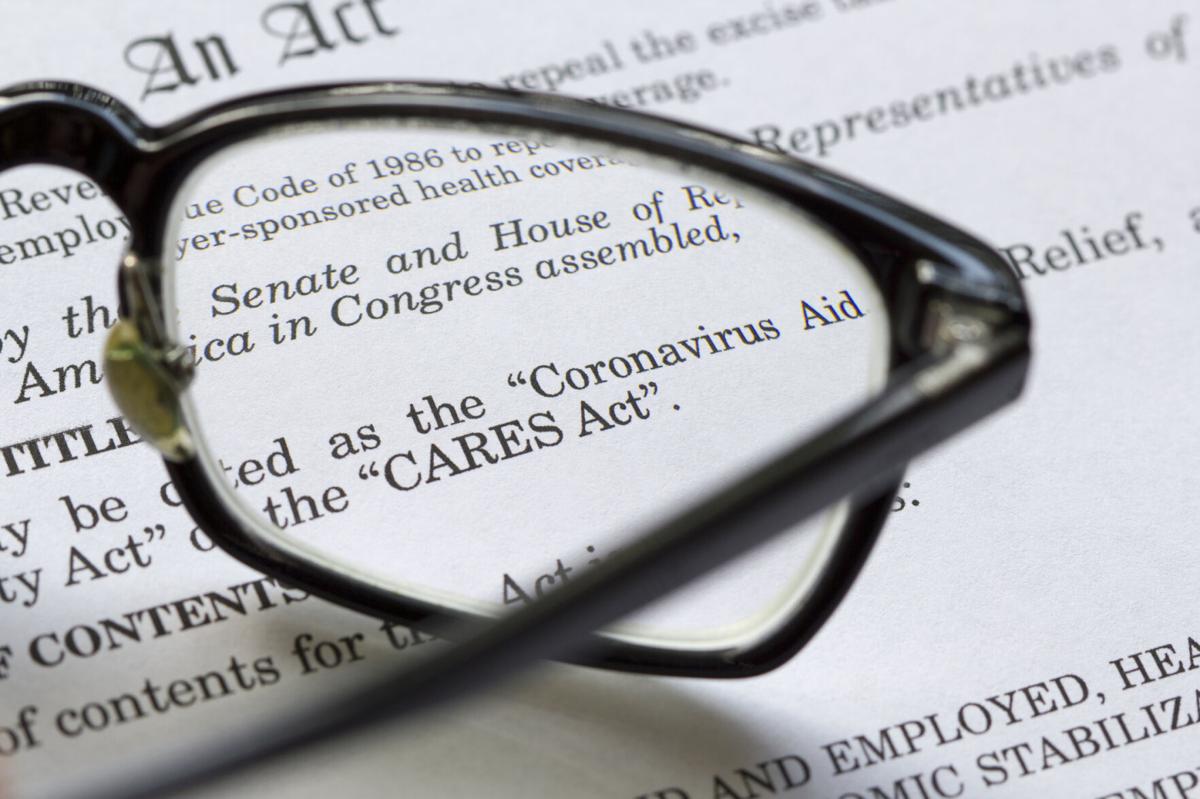Arizona overpaid recipients of a federally-funded unemployment program $307 million more than they were entitled.
And two-thirds of that was the fault of the state.
Data provided to Capitol Media Services shows that about 68,000 people who got Pandemic Unemployment Assistance received more than they were entitled. That includes those who should have received less based on income and those who were not eligible at all.
But it turns out that it was mistakes made by the state Department of Economic Security that resulted in overpayments to about 62,000 of those, and the state will not be seeking recovery of the approximately $215 million they received.
What’s behind that, according to DES spokesman Brett Bezio, is the unique nature of the temporary program — and an admission that the agency, overwhelmed with applications, just made some mistakes.
The Pandemic Unemployment Assistance program was created by Congress as part of the Coronavirus Aid, Relief and Economic Security Act to help those who were otherwise ineligible for standard state benefits.
Generally speaking, that includes the self-employed, independent contractors and those in the “gig economy,” like drivers for rideshare programs. But it also covered those who had exhausted their regular state jobless benefits, which run out after 26 weeks.
Benefits of $600 a week were originally available for 39 weeks. Subsequent congressional action eventually extended that out to 79 weeks, with the last day for benefits July 10, 2021.
All totaled, about 336,000 Arizonans got the benefits.
But the emergency nature of the program got it off to a rocky start — and was directly related to the overpayments.
Some of that, Bezio said, was due to the short time states like Arizona, which were administering the federal dollars, had to implement it.
“Our goal was to ensure individuals in need received assistance so they could keep food on their tables and stay within their own homes,” he said. “The situation at the start of the pandemic was chaotic for all, with many becoming hospitalized and even losing their lives to COVID-19.”
And the pandemic and the resultant layoffs resulted in a surge in not just applications for PUA but for state unemployment benefits.
Complicating matters is that the state’s system, which handles regular unemployment claims, would not work for those in the PUA program.
And then there’s the fact that Congress, anxious to get PUA payments out, required only a name, social security number, date of birth and address. Applicants had to “self-certify” that they are otherwise able to work and available but for the fact that they are unemployed, partially unemployed, or are unable to work because of the COVID-19 outbreak.
“The programs created were vulnerable to fraud,” Bezio said.
That crush of requests for all types of jobless benefits resulted in problems on the state’s end, too — the problems that led to overpayments.
Bezio said his agency responded by rapidly hiring adjudicators to review the requests.
“At one point, DES was hiring one individual every 80 minutes to keep up with the demand,” he said. “With the new programs and systems, and with new employees going through training, inaccuracies in adjudicating cases were unavoidable, as other states also experienced.”
And Bezio said it took some time for the agency to improve its operations and institute fraud prevention and detection systems.
All that, he said, goes to the question of what DES calls “administrative overpayments.”
“This may happen if DES miscalculates the claimant’s wages or fails to deduct income from other sources,” Bezio explained.
“In these cases, the claimants are not at fault for the overpayment and are typically eligible for their overpayment to be waived,” he said. And that, said Bezio, happens automatically, without the need for the person who pocketed the money to pay it back.
And even though the extra payments were the fault of the state, he said there is no obligation for the state to reimburse the federal government.
Others, however, are not so lucky.
“When an individual receives benefits for which they are not entitled and a waiver is not issued, federal and state rule requires the repayment of the benefits,” Bezio said. “If the claimant has committed fraud, they will need to repay the benefits and may face legal consequences.”
There were no immediate figures available about how much DES has collected in repayments.





